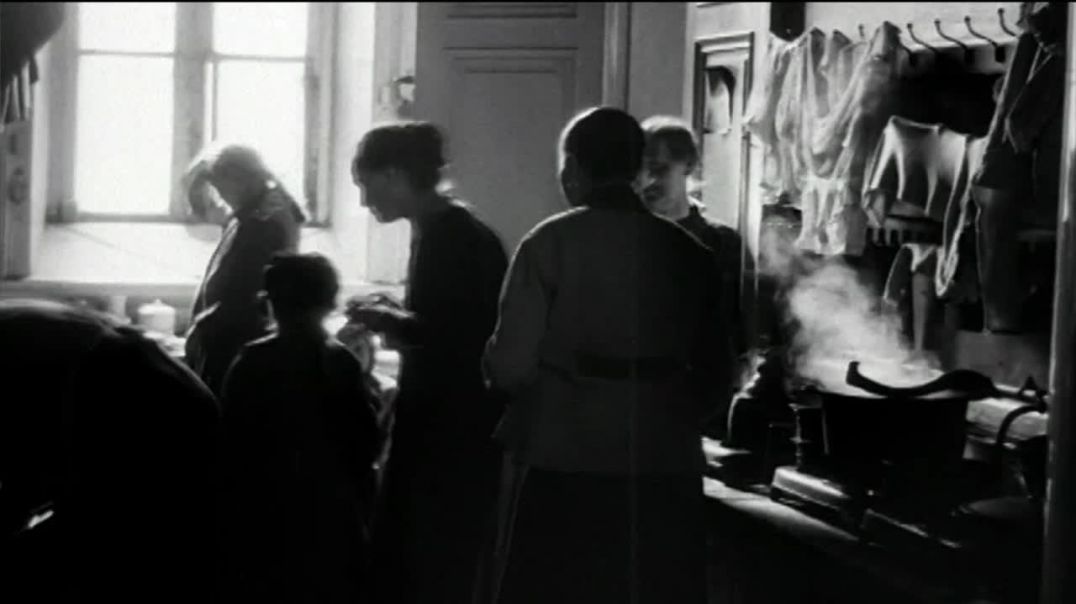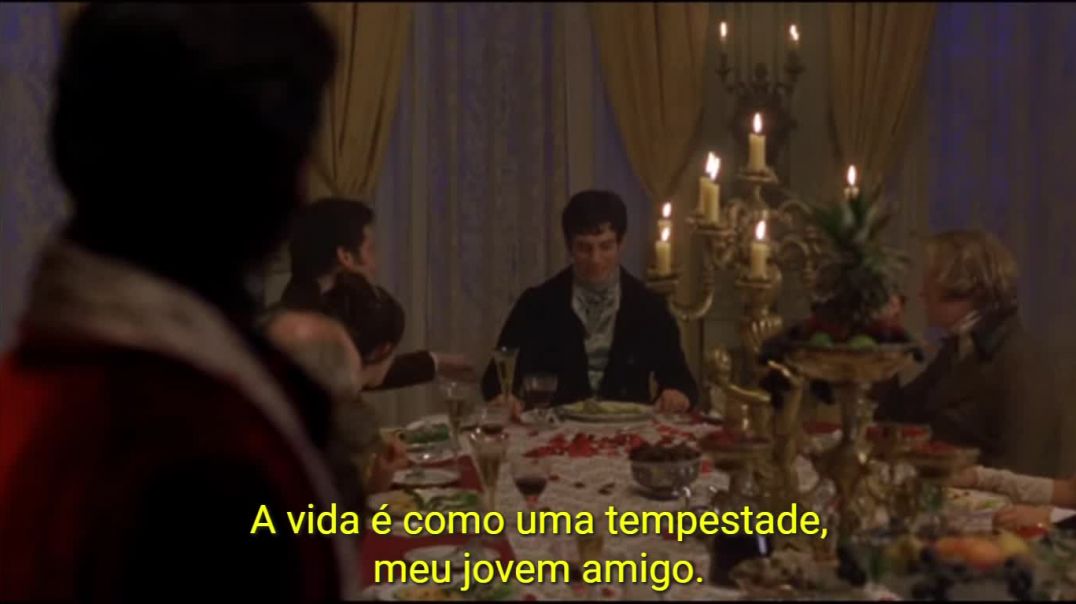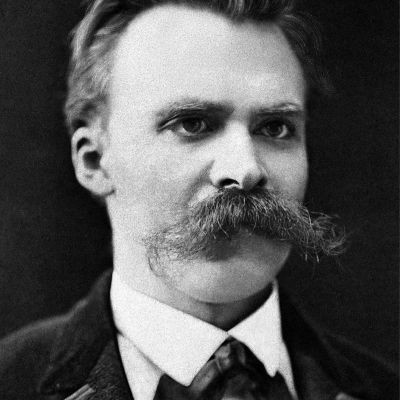caca
SubscribersLiked videos


Os reflexos da Suecia de hoje,começou em 1972,com o manifesto "A FAMÍLIA DO FUTURO",feito pelos socialistas da época.
As of 2016, 9.9 million people call the country of Sweden home and 86% of those people live in cities. In 2015
alone, the population grew by another 103,662 people thanks to ever increasing migration. And there is a reason
for this: migration. The country is seen from the outside as an ultra modern, forward-thinking utopia with nearly
free healthcare, 480 days of parental leave, and 52 percent of its energy coming from renewables. Yet there is
more to Sweden than meets the eye from the outside. In 1972 Swedish politicians wrote the radical manifesto
“The Family of the Future: A Socialist Family Policy” which arguably has shifted the country’s core values about
one’s self, family, and our place in society by emphasizing equality, autonomy, and self-sustainability above all
else.
With THE SWEDISH THEORY OF LOVE, director Erik Gandini sets out to examine this cultural shift by taking
up the question: Has all this state promoted individualism unintentionally fostered a deep-seated sense of
loneliness amongst its citizens? One-quarter of Swedes now die alone, yet despite this rather grim central fact,
Gandini keeps it light. He visits sperm banks whose biggest customers are strong single women, and talks to
overly friendly hippies in the Nordic woodlands. Yet, the mood settles as we meet with a Swedish doctor who has
abandoned his homeland to work in the tight-knit communities of Ethiopia and a team of social workers who
track down the relatives of the recently deceased.
Is Sweden—a nation built upon an ideology of collectivist semi-socialism—secretly a hyperindividualist
country? THE SWEDISH THEORY OF LOVE aims to parse this very question with humor, humanity, and a handful
of startling statistics











